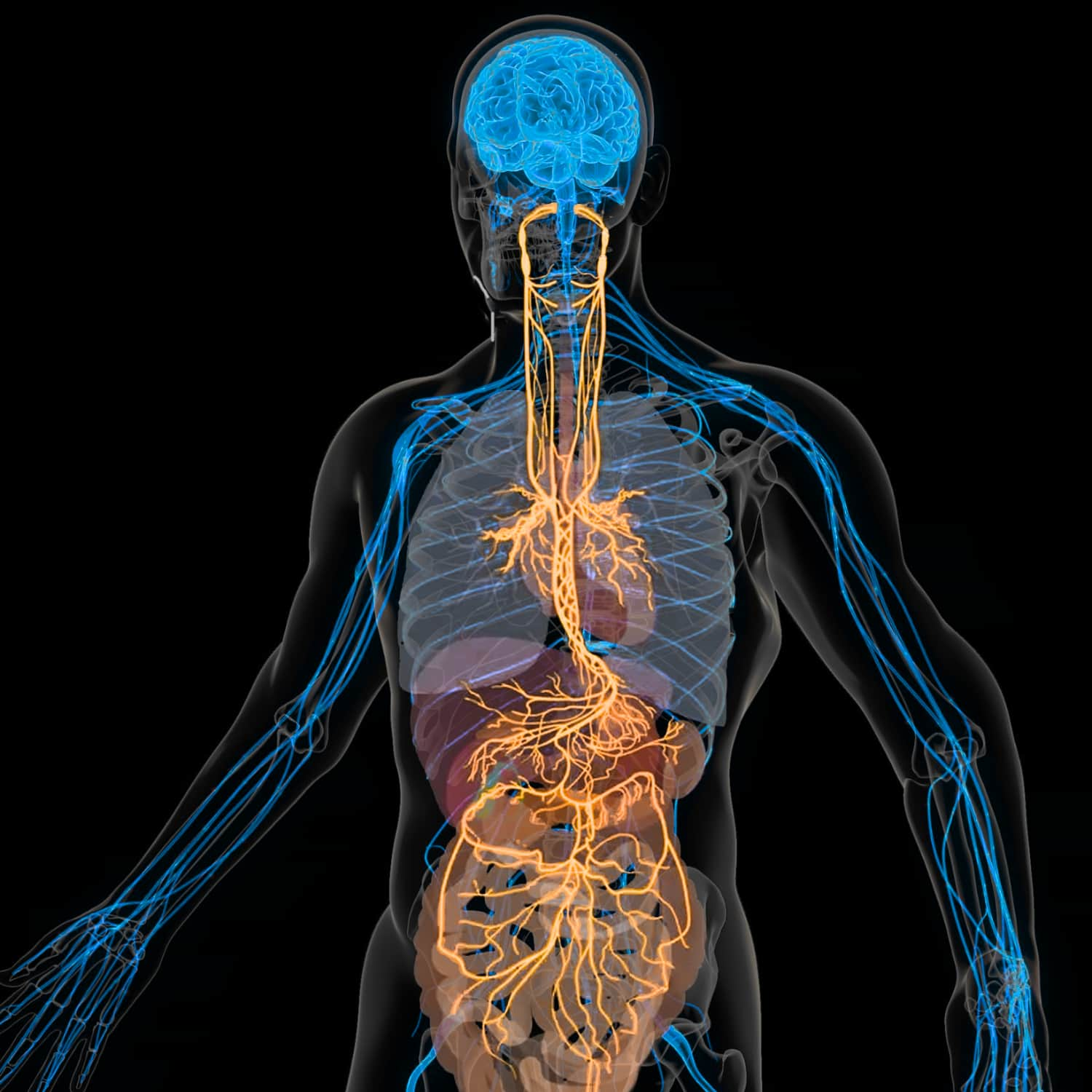7 Ways to Improve Your Gut Health
DISCLAIMER: This content is for educational use only and is not a substitute for professional medical advice. Please consult your healthcare provider for personalized guidance.
Your gut is your second brain, and when it isn’t nourished properly, the rest of your body pays the price. Nearly 40% of Americans are dealing with digestive problems and over 60-70 million people live with a digestive disease. (1)
Gut health is the foundation of overall well-being. A balanced gut microbiome is essential for digestion, nutrient absorption, immune strength, and even mental health. (2)
When your gut is healthy, it communicates effectively with your brain to regulate mood and cognition, produce key nutrients, and help the body fight off infections. (3)
And that is what our mission is all about here at Joyful Humans. We want to support you to become your most joyful self through supporting your MGBA (microbiota-gut-brain axis).
In this blog, we will highlight 7 proven ways to improve your gut health.

1. Eliminate Gut Disruptors
A gut disruptor is anything that upsets the balance of microbes in your gut, leading to a state of dysbiosis.
Common gut disruptors are
- Ultra processed foods: High in unhealthy fats, sugar, and salt, and lacking the fiber your gut microbes need to thrive. (4)
- Excessive sugar: Feeds harmful gut bacteria and yeasts, creating an imbalance in the microbiome and increasing inflammation. (5)
- Unhealthy Fats and Fried Foods: Can increase the inflammation throughout the body from gut microbiome disruption. (6)
- Artificial Sweeteners: Alter the gut microbiome by reducing beneficial bacteria and may impair glucose tolerance. (7)
- Endocrine Disruptors: Chemicals in plastics, pesticides, and household products that interfere with hormones, alter gut microbes, and contribute to long-term imbalance. (8)
- Alcohol: Irritates the gut lining, increases permeability (“leaky gut”), and disrupts the gut-brain axis. (9)
- Smoking: Damages the intestinal lining, reduces microbial diversity, and increases inflammation, all of which disrupt healthy gut function. (10)
Eliminating gut disruptors is the first step toward restoring balance, lowering inflammation, and supporting better digestion and mood.
2. Throw Out All Seed Oils
Canola, corn, cottonseed, vegetable, peanut, grapeseed, safflower, soybean, sunflower, and rice bran oils are all highly processed and high in linoleic acid. (11)
Omega 6 polyunsaturated fats are needed only in small amounts but when consumed in excess they can contribute to chronic gut inflammation, oxidative damage, and disruption of the microbiome.
These oils are also extremely common in restaurants and packaged foods which is one reason many people struggle with an unhealthy omega 6 to omega 3 ratio. This imbalance fuels inflammation and contributes to long term health problems.
Opt for grass-fed beef tallow, ghee, butter, or extra virgin olive oil.
3. Enjoy Gut Healing Foods
One of the root causes for gut issues is the food you eat. Focus on whole, nutrient-rich foods to support your gut. Here are some amazing foods to eat to support a healthy gut.
Fermented foods: Yogurt, kefir, sauerkraut contain beneficial bacteria, known as probiotics that help restore and maintain a healthy gut microbiome. (12)
Raw Milk or Non-Homogenized Low Temp Pasteurized Milk: May offer gut health benefits by preserving bacteria and enzymes that could improve the gut microbiome and aid in digestion. (13)
Fruits: Bananas, berries, apples, kiwi, and citrus fruit are high in fiber, antioxidants, polyphenols, and prebiotics that are beneficial for gut microbes and lowers inflammation. (14)
Bone broth: Rich in collagen, gelatin, and amino acids that help strengthen and repair the gut lining, reducing inflammation, and improves barrier function. (15)
4. Prioritize Sleep
Sleep is essential for gut health because it balances gut hormones, keeps the gut-brain axis working smoothly, supports healthy gut bacteria, and gives the gut time to repair.
When you don’t get enough sleep, this balance is disrupted. Stress and inflammation rise, harmful byproducts build up, and gut cells can be damaged. Over time, poor sleep increases the risk of digestive issues like acid reflux, IBS, and IBD. (16)
5. Move Your Body
Exercise helps food move through the digestive tract, supports healthy gut bacteria, reduces inflammation, and eases stress. Staying active also boosts digestion, nutrient absorption, and overall gut function. (17)
6. Manage Stress
Stress activates the body’s “fight or flight” response, releasing hormones that disrupt digestion, weaken the gut lining, and promote harmful bacteria. Over time this can trigger inflammation and worsen gut issues like IBS. Simple practices such as mindfulness, meditation, time in nature, and relaxation techniques help calm the nervous system, restore balance, and support a healthier gut. (18)
7. Stay Hydrated
Hydration supports digestion, nutrient absorption, and waste removal while keeping the gut lining strong and protective. Even mild dehydration can slow digestion, cause constipation, and increase inflammation. Choosing mineral-rich water, herbal teas, or adding electrolytes can give your gut-brain axis extra support. (19)
Healthy Gut = Joyful You
Take care of your gut so you can feel better mentally, physically, and emotionally. Add these habits into your routine and share your journey with us on Instagram @joyfulhumans. We would love to support you as you become your most joyful self.



Leave a Comment
This site is protected by hCaptcha and the hCaptcha Privacy Policy and Terms of Service apply.